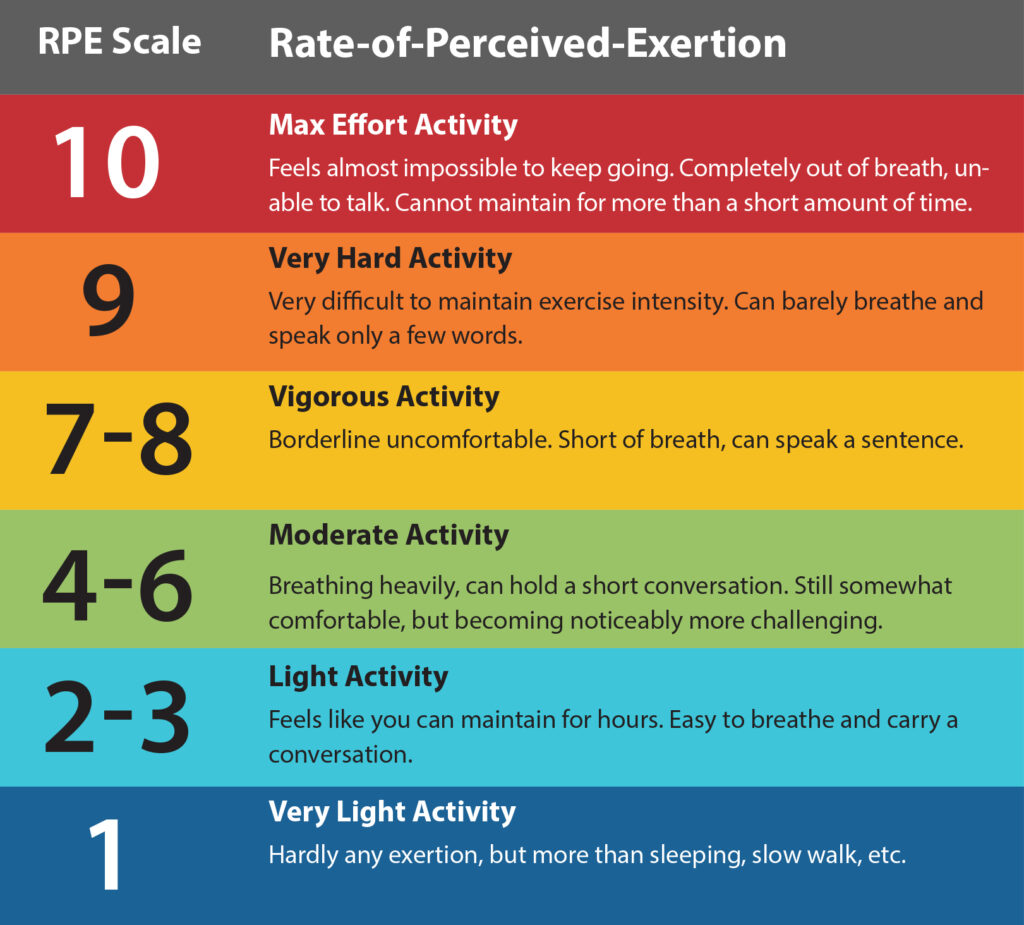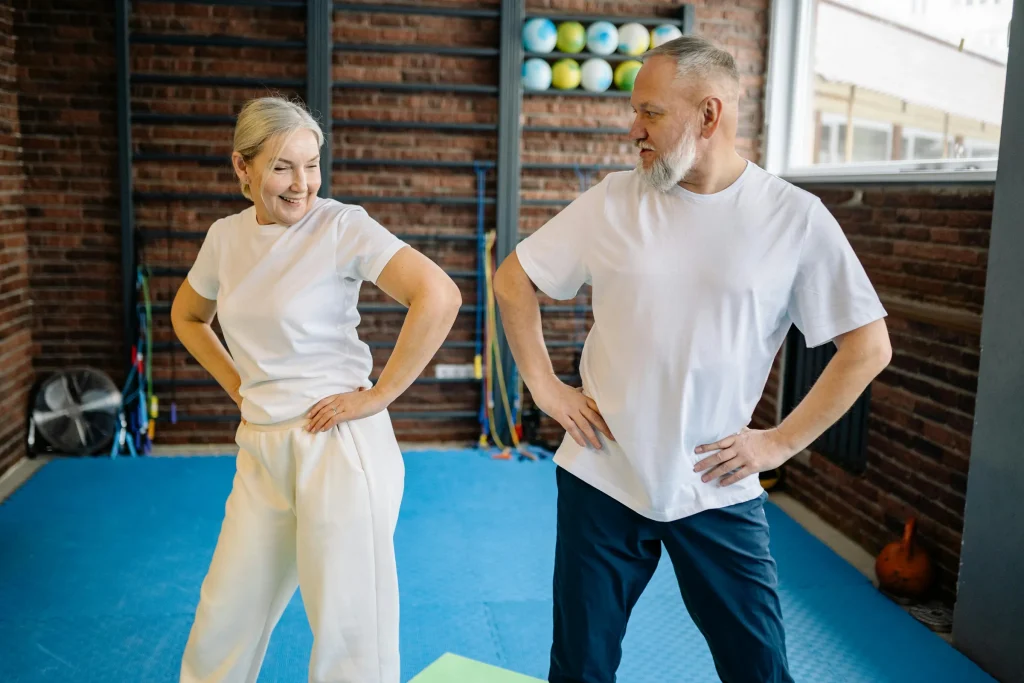Feeling drained by daily tasks? Struggling to manage your energy? Energy conservation and fatigue management are essential strategies to help you maintain your vitality while ensuring you can participate in the activities you need and love. Here are some simple, effective tips from Sarah Bush Lincoln Occupational Therapy to keep your energy levels optimized
1. Plan Ahead
Planning is your best friend when it comes to conserving energy. By being mindful of your daily schedule and tasks, you can reduce unnecessary fatigue. Here’s how to do it:
- Schedule strategically: Plan your outings and demanding activities around the times when you feel most energized.
- Avoid overload: Don’t cram too many tasks into one day—spread them out across the week.
- Balance tasks: Alternate between heavy and light activities to avoid burnout.
- Take your time: Leave enough time to complete tasks, including planned breaks, so you don’t feel rushed.
2. Avoid Exhaustion
The temptation to power through fatigue often leads to lower energy levels in the long run. Instead, adopt a proactive approach:
- Don’t wait to rest: Avoid pushing past your limits; take short, planned breaks before you feel tired.
- Use a monitoring scale: Utilize a rate-of-perceived-exertion scale to track how hard your body is working and prevent overexertion.

- Plan rest breaks: Incorporate breaks into your activities rather than waiting until fatigue sets in.
3. Simplify Tasks
Making small adjustments to how you perform tasks can significantly reduce energy expenditure. Here are some simple strategies:
- Sit when you can: Sitting uses less energy than standing, easing the workload on your heart, lungs, and muscles. Tasks like showering, grooming, cooking, and cleaning can be done seated.
- Gather essentials first: Have everything you need within reach before starting an activity.
- Ask for help: Don’t hesitate to involve others for heavier or more strenuous portions of tasks.
4. Practice Proper Body Posture
Efficient body mechanics can minimize strain and help conserve energy:
- Work close to your task: Stand directly in front of the task you’re performing.
- Push or pull, don’t lift: Whenever possible, use pushing or pulling motions to reduce strain.
- Carry smartly: Hold items close to your body to maximize control and minimize effort.
- Support your elbows: When working on a tabletop, support your elbows to reduce muscle fatigue.
- Avoid reaching overhead: Keep your movements ergonomic by minimizing overhead tasks.
- Use tools: Carts and other equipment can make pushing or pulling tasks easier.
By integrating these strategies into your daily routine, you can take control of your energy levels and reduce fatigue. Small changes can lead to significant improvements in how you feel and function, allowing you to focus on the things that truly matter








